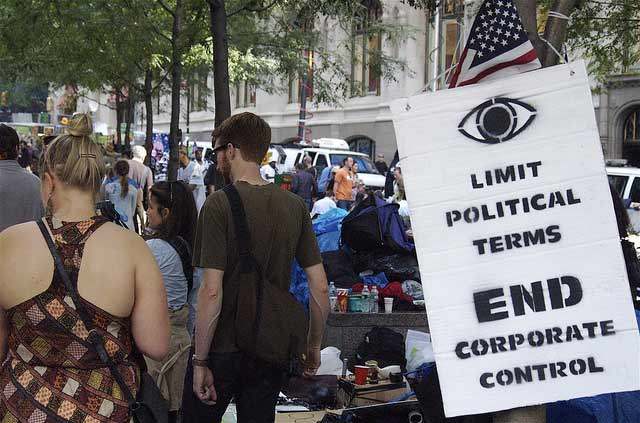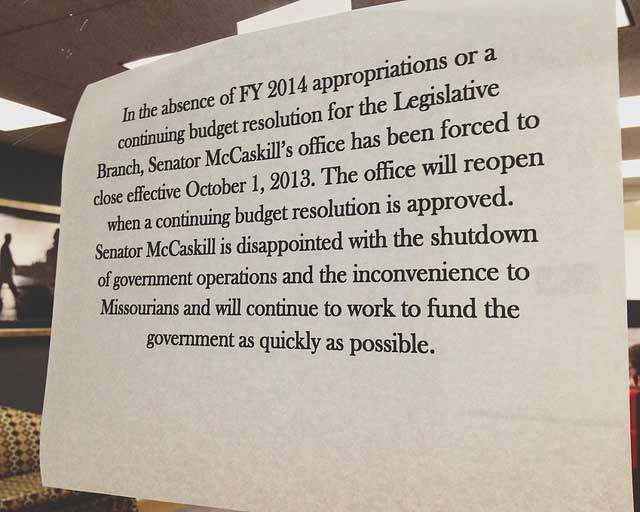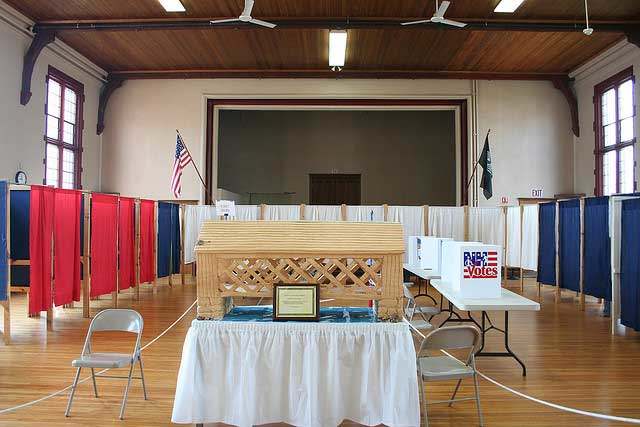It is clear to anyone who follows the news that the U.S. Congress is not working the way it should. Even straightforward bills seem to end up mired in controversy that brings progress to a halt.
While major issues face the country, too many politicians spend their time trying to score talking points on news networks. The U.S. Congress can be very frustrating but until its problems are fixed, we will just have to hope politicians can learn to work together.
Here are five of the reasons the U.S. Congress is currently broken.
1. Too much money in politics

Running for national office is not cheap and without money a candidate has little chance of election. Therefore lobby groups and private citizens can exert a lot of influence over campaigns if they have enough money.
This has also made fundraising a never ending process so less time is available to perform their duties as a Congressperson. Senators serve six year terms so there is a good amount of time between their campaigns, but Representatives only serve two years meaning as soon as they step into office they must begin thinking about the next election and where the money will come from.
Leadership positions are also often tied to who raises the most money, giving an even bigger incentive for fundraising.
2. Lack of term limits

Because there are no term limits, many members of Congress have become “career politicians,” imagining that they will spend the rest of their working days as elected officials.
It can be good to elect people with congressional experience, but the longer a politician is in Congress the more disconnected they seem to become from their home and the people whose interests they are representing. It can be difficult traveling between D.C. and their home districts or states with limited time to begin with, but add in the non-stop fundraising and the split between politicians and the average person widens.
Another issue is that career politicians may be more fearful of losing an election. This prevents them from taking difficult positions and going against their party because party support is important when it comes time for elections.
3. Campaigns are out of control

Despite the fact politicians are spending less time at home, they do not seem to be spending much time together either. Another effect of increased fundraising, which has gone from a couple of events per campaign decades ago to a couple per day for many candidates in current times, is the fact that politicians have less time to get to know one another.
This is especially true for politicians working an opposite ends of the spectrum. In the past, politicians spent time after hours together in D.C. which developed relationships that made working together and compromise easier.
Today many members of Congress think their socialization time is better spent with wealthy donors leading to a lack of productive relationships with other politicians. This makes it easier to see others as enemies rather than someone to work alongside of.
4. Compromise has become nearly impossible

Although most politicians claim to love compromise, their actions show otherwise. This was evident during the government shutdown where both sides angrily accused the others of refusing to compromise while gloating about “winning” at the same time.
Politicians should remember their goal is to work together to govern the country, not win elections. As long as winning elections is their primary focus, compromise is seen as a defeat.
Immediately after the last presidential election many members of Congress became focused on how they would win the next election rather than how they would work together for the betterment of the country for the next four years. As long as this attitude prevails, it would be surprising to see the Congress accomplish much.
5. Low voter turnout

One of biggest issues is low voter turnout in the United States. Even during presidential elections turnout is poor, and when there is no big race to draw people in even fewer show up.
This means candidates are often only targeting likely voters who may have very different views than the average citizen of an area. Fringe candidates only need to gather a moderate amount of support to flip an election that had previously seemed secure.
In many cases likely voters are the ones with the more extreme views. Relying on these people for a job means that politicians may try to avoid compromise if that is the desire of their constituents. If they annoy them, another candidate can easily be put up and elected, especially during primaries where voter turnout is dismal.
Why do you think the U.S. Congress is broken? What can be done to fix it? Do you even think there is a problem or have things been operating as usual? Share your thoughts with us in the comments.












